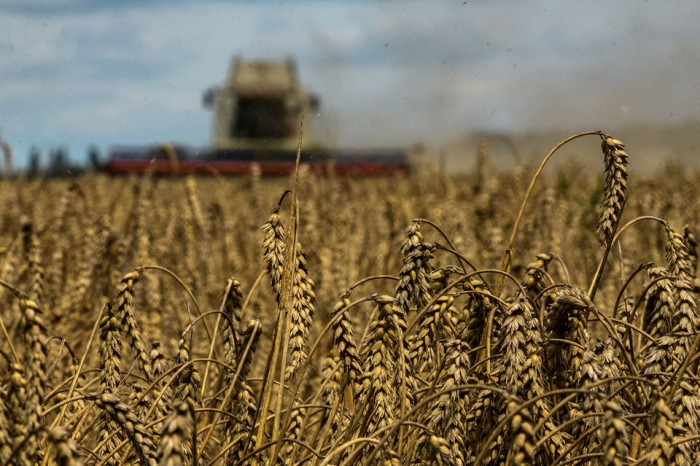The United Nations, Turkey and Ukraine pressed ahead to implement a Black Sea grain deal and agreed on a transit plan for Monday for 16 vessels to move forward, despite Russia's withdrawal from the pact that has allowed the export of Ukrainian agricultural products to world markets.
Russia, which invaded Ukraine on. Feb 24, on Saturday halted its role in the Black Sea deal for an "indefinite term", cutting shipments from one of the world's top grain exporters, because it said it could not "guarantee safety of civilian ships" travelling under the pact after an attack on its Black Sea fleet.
The move has sparked an outcry from Ukraine, NATO, the European Union and the United States, while the United Nations and Turkey, two main brokers of the July deal, scrambled on Sunday to save it.
U.N. Secretary-General Antonio Guterres was deeply concerned about Russia's move and delayed a foreign trip to try and revive the agreement that was intended to ease a global food crisis, his spokesperson said.
Following Russia's move, Chicago wheat futures jumped more than 5 percent on Monday as both Russia and Ukraine are among the world's largest wheat exporters, analysts said.
More than 9.5 million tonnes of corn, wheat, sunflower products, barley, rapeseed and soy have been exported since July. Under the deal, a Joint Coordination Centre (JCC) - made up of U.N., Turkish, Russian and Ukrainian officials - agrees on the movement of ships and inspects the vessels.
No ships moved through the established maritime humanitarian corridor on Sunday. But the United Nations said in a statement that it had agreed with Ukraine and Turkey on a movement plan for 16 vessels on Monday - 12 outbound and 4 inbound.
More about:















































